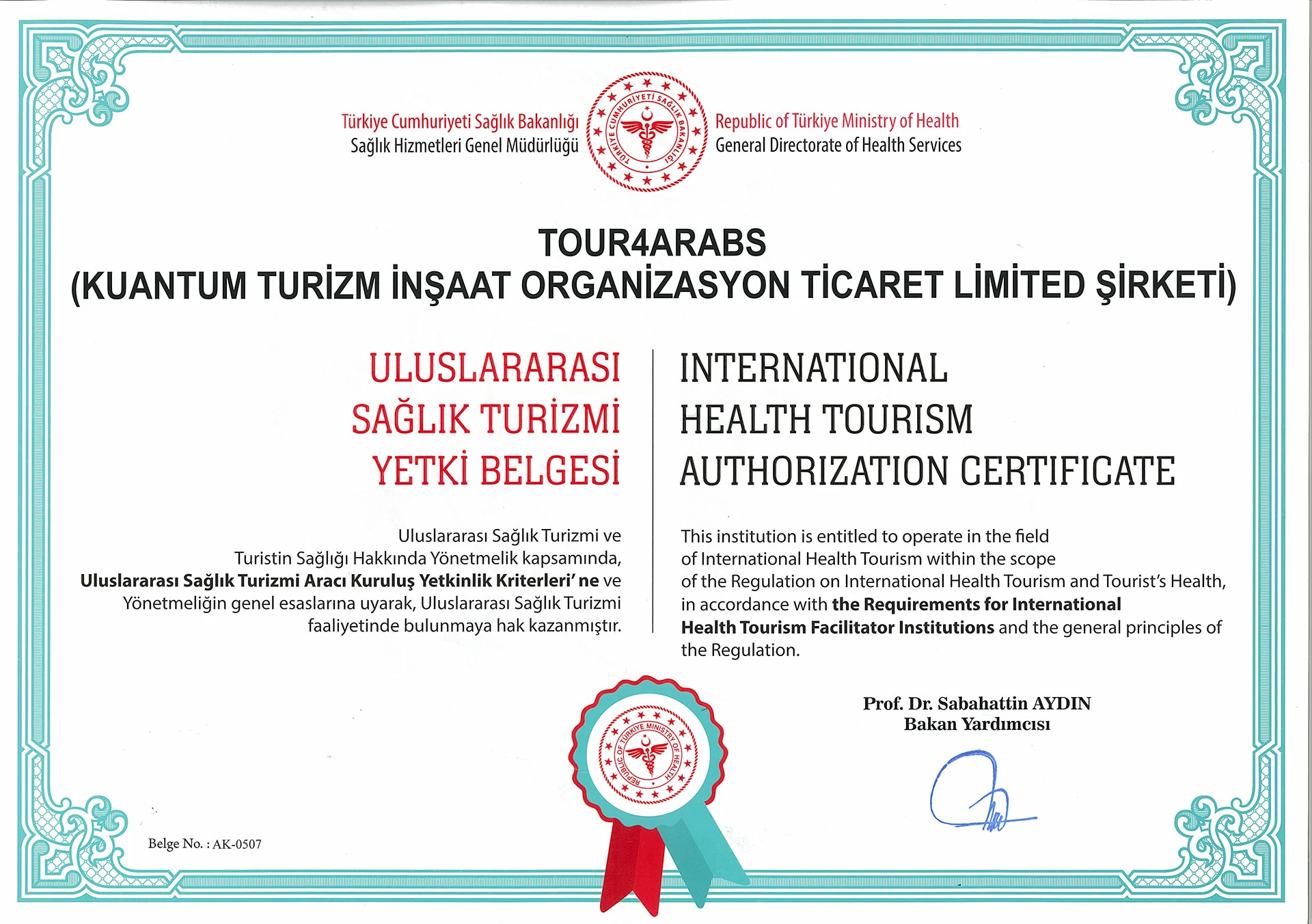Prolonged Cries in Babies
In babies, prolonged crying spells are a concern for parents. Unknown cries can indicate a health problem in babies. For this reason, it is very important for the health of the baby to go to a health institution for frequently repeated crying spells.
Crying over 2 hours
If your baby cries very loudly and clearly for more than 2 hours, a specialist doctor should definitely be consulted. Physical examination of the baby and afterwards, if necessary, laboratory and radiology examinations should be performed. Causes that may cause crying should be investigated.
Possible causes of prolonged crying in babies
Colic
It occurs in the first or second week after birth. Seen in babies in the form of spasm and crying spells. This situation that worries families a lot. Approx, seen in 20% of babies. It is not a sign of any disease. It can also be defined as gas pain. In order to be diagnosed with colic, babies younger than 3 or 4 months should have restlessness, spasm and crying spells for at least 3 days a week and approximately 3 hours a day.
Baby crying with colic is different from normal crying. When the baby starts to cry, it cannot be calmed down. These cries are mostly seen in the afternoon and evening.
In rare cases, crying spells can last for 24 hours. Colic babies cry mostly every day. Although crying attacks stop from time to time, they may suddenly start again. The baby’s crying often ends with burping.
If the crying of the baby is not caused by a different situation, these cries usually end after the 3rd month. In this situation caused by gas pain, there are some techniques that help the baby calm down.
What are the Symptoms of Colic Baby?
- Colic babies often pull their legs towards their abdomen and stretch them in a stretched manner.
- He occasionally strains his back during crying attacks.
- Colic babies make fists in their hands and swing their arms and legs while crying.
- When crying, his face appears to be in pain and is red.
- His belly is swollen. Crying often ends after pooping or passing gas.
- The baby cries by letting go of the breast while sucking. He then looks for the breast again.
- The loudness of the crying noise is higher than usual.
- It takes more than 3 hours a day to cry.
How to Calm a Colic Baby?
- Slow and rhythmical rocking of the baby on the lap, stroller or bed is effective in calming down some colic babies.
- When the baby is taken, leaning on the mother’s or father’s chest provides the baby’s confidence. While the baby is in the position against the chest, it can be gently and rhythmically hit the baby’s back or butt with the fingertips.
- It is also an effective method to drive babies who are in constant crying crisis by car. The sound of the car as well as its rocking movements are thought to have a calming effect on babies.
- Some babies can also calm down with their mother or father’s voice. Singing or talking to the baby in a calm voice can be effective in relaxing the baby.
- Breastfeeding or giving a pacifier during crying spells can help the baby to calm down.
- Some colic babies may feel suddenly calm when bathed in lukewarm water. Keeping water on the baby’s abdomen and back and gently massaging it during bathing can also be effective.
Tourniquet Syndrome:
It can be wrapped around the baby’s fingers, feet or a limb, clothing or a blanket that is draped over it. Later, the baby may be uneasy. For this reason, the baby should be completely stripped during physical examination.
Reaction to vaccination:
Discomfort and crying spells can be seen in babies due to post-vaccination side effects. It can cause crying, causing fever and restlessness.
Medicines:
The drugs used by the mother can be passed on to the baby through breastfeeding. This situation may cause discomfort in the baby. Medication should be avoided as much as possible during breastfeeding. In addition, the mother should stay away from bitter, very sour and very spicy foods. During the breastfeeding period, it may irritate the baby through milk. During the examination of the baby, the doctor should definitely inform the doctor if the mother is using medication.
Teething:
It is one of the first reasons that come to mind for crying after the 4th month. During this period, babies refuse to be fed. He experiences discomfort due to itching. He may have a fever. There may be such disturbances for each tooth that comes out.






